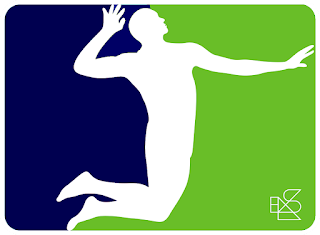Don't Learn What You Don't Need
I've been spending more and more time thinking about Technical Excellence. How important it is, how hard it is to achieve, what is really is and what it isn't.
There are two points of clarification to start with:
- I am not talking about Motor Development, or the gradual progression of technical abilities. I'm talking about Technical Excellence, specific to whatever stage of the development the athlete is at.
- I'm not talking about Technical Perfection or Competence. Excellence fits into a scale of technical development.
Technical Excellence enables linear Skill development. That is, a coach or athlete never have to double back and fix something, slowing down the development process, because the building blocks are already in place for the next step.
So lets look at how athletes learn things they don't need:
- Physical limitations, either strength or flexibility. Coaches must be acutely aware of their athletes' limitations and fix these before they impact the development of a technical limitation which will need to be corrected later.
- Mimicking their peers/environment. Athletes mimic what they see around them. If they see their peers performing skills with limitations, then they will mimic this rather than what the coach is teaching them. Particularly if the peer is successful in the short term using this technique.
When learning through from their environment, an athlete not only needs to see what they are learning performed with excellence, they need to ensure they are not seeing what they are learning performed poorly. They need not just to see what they should be doing but not to see what they shouldn't be doing.
(Photo Credit)
PS - the picture at the top of the blog is Roger Federer performing a backhand. It is something I had in my mind when I was thinking of technical excellence. When googling 'Federer hitting backhand' and doing an image search, the number of almost identical pictures from obviously different matches.




Comments
Post a Comment